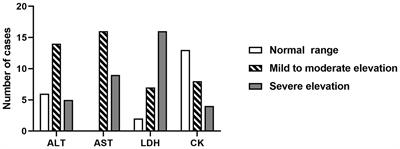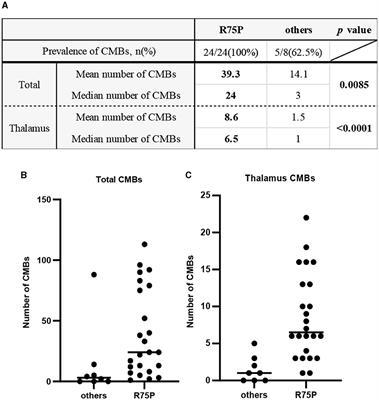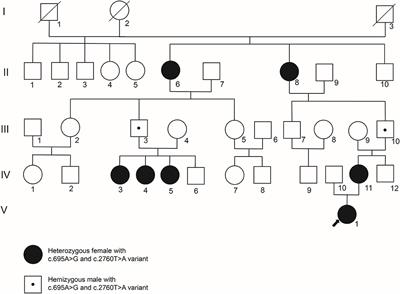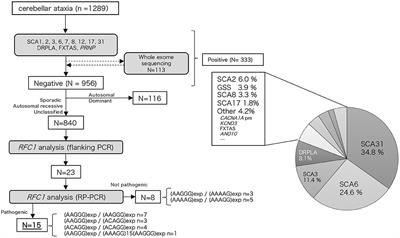ORIGINAL RESEARCH
Published on 20 Dec 2023
Clinical characteristics and prognostic analysis of acute necrotizing encephalopathy of childhood: a retrospective study at a single center in China over 3 years

doi 10.3389/fneur.2023.1308044
- 3,623 views
- 5 citations




